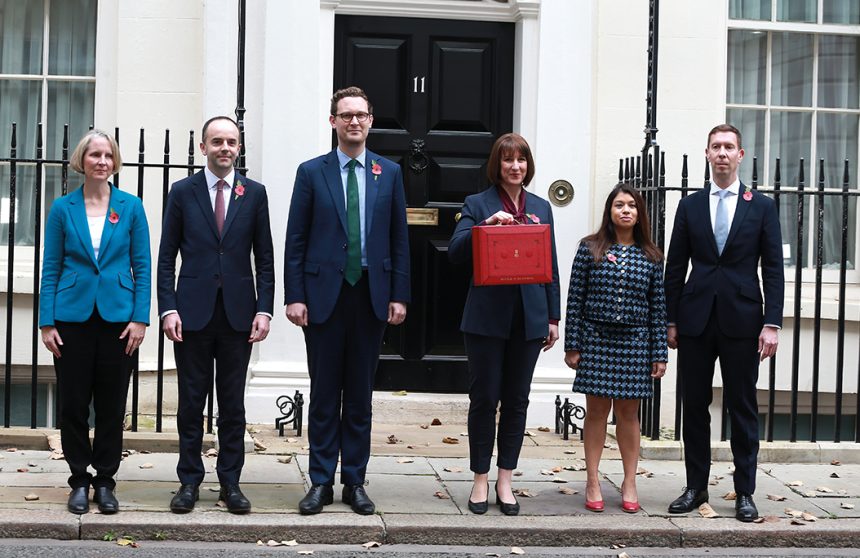Changes concerning employer National Insurance contributions run counter to the government’s aim to reform bus services, says Confederation of Passenger Transport CEO Graham Vidler
At its heart, the coach and bus industry is a people business. Every service we operate requires drivers and engineers, not to mention sales teams, cleaners and managers. Our members provide skilled jobs in every town and city in Britain.
Bus companies employ 105,000 people, while 54,000 people work in the coach sector. So our industry will feel the pain directly from a rise in employers’ National Insurance contributions announced by the Chancellor, Rachel Reeves, in her first Budget.
The NI increase is from 13.8% to 15% and it will be levied on all salaries above £5,000, instead of the previous threshold of £9,100 – a change that Ms Reeves admitted would be “difficult” for businesses.
Our members have been swift to point out the impact — with some rethinking plans for investment, expansion, recruitment and new services – Graham Vidler
For a driver earning £30,000, the additional cost on an employer’s payroll bill will be £800 — far from pocket change. In fact, it’s a sum that accumulates so quickly that it’s disconcerting that this has been imposed by a government that insists it is dedicated to a “bus revolution”.
Westminster works in peculiar ways. But it was a particular puzzler for the government to fanfare a £1 billion package to boost bus services in October, including a year’s extension of the bus fare cap in England, followed in just 48 hours by such a big NI rise.
Our members have been swift to point out the impact — with some rethinking plans for investment, expansion, recruitment and new services. It is particularly challenging to absorb a sudden increase in payroll costs given the ongoing driver shortage across the sector, which has contributed to steep wage inflation.
The Budget contained a second unwelcome surprise for hundreds of coach businesses, which are suddenly to be subject to inheritance tax. Around eight out of ten small and medium-sized coach operators are family-held — and they will be captured by a change in the rules intended largely to hit large landowners.
These are costly frustrations for entrepreneurs across our industry. It would be churlish, though, to ignore broader positive signals about the place that buses hold in our society.
The government is putting an end to the system of local authorities competing against each other for bus funding, instead declaring that it will be allocated nationwide.
And a sensible plan has been put in place to continue the £2 national fare cap at a higher level for a year, rather than allowing an overnight “cliff edge”.
Certain mantras can be troubling — such as the insistence that franchising solves everything. But there is a sense that politicians acknowledge the importance of Britain’s most popular form of public transport.
We do, though, need to hammer home the point that a rise in employment costs must be borne somewhere — and that the impact will ultimately be felt by the 10 million people who travel by bus every day.



























